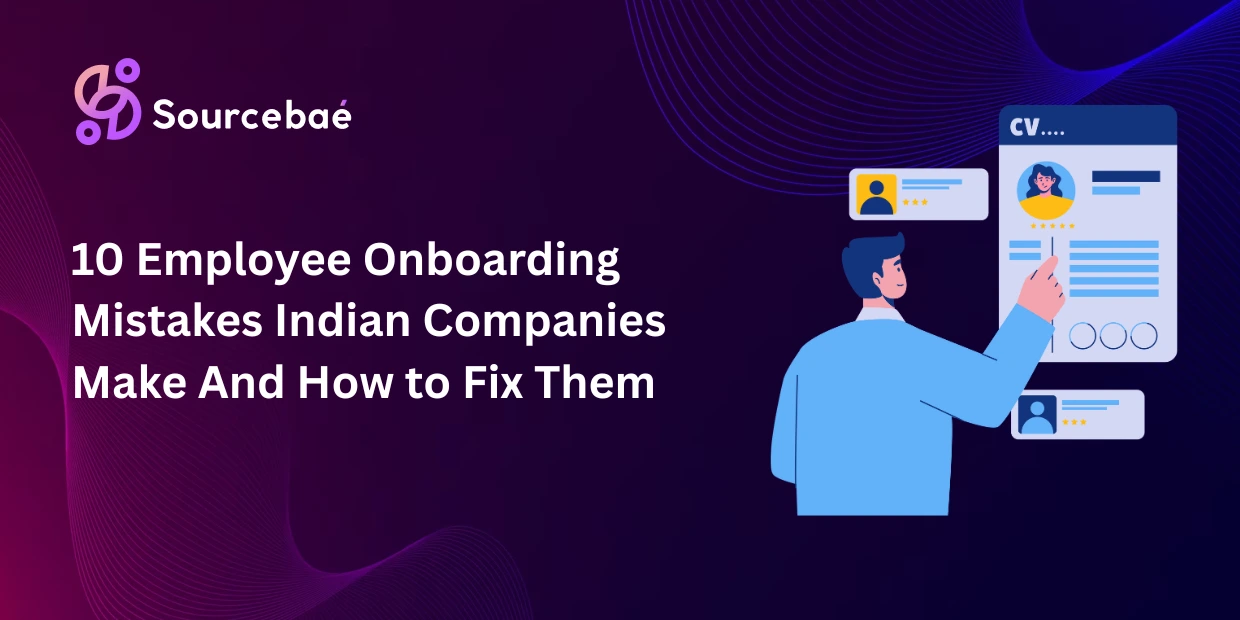Encountering the Java compilation error “Can’t convert Supplier into Supplier<?>” can be confusing for developers, particularly those new to Java generics. Despite Java’s popularity, its generics system can sometimes lead to cryptic error messages like these. If you’ve been scratching your head over this particular issue, you’re in the right place.
In this guide, we’ll comprehensively explore Java generics fundamentals, understand why this specific error arises, uncover practical solutions, and emphasize best practices to avoid similar issues in the future.
What are Java Generics?
Java Generics allow developers to write versatile, reusable methods and classes by generalizing types. This enables type safety at compile-time by catching typing issues early rather than during runtime.
Before generics (Java pre-5), developers often had to resort to casting objects explicitly, leading to frequent runtime exceptions and cluttered code. Generics elegantly solved this by allowing the Java compiler to perform enforceable type checks, significantly increasing code reliability and readability.
Wildcards in Java Generics
Wildcards (?) are an integral aspect of Java’s generics mechanism, enabling greater flexibility. Let’s quickly look at the different wildcard variations:
- Unbounded wildcard (
?): Represents an unknown type (Supplier<?>). The unknown could be any reference type. - Upper bounded wildcard (
? extends S): Limits the wildcard to S or its subclasses (Supplier<? extends Number>allows Number or Integer, Double, etc.). - Lower bounded wildcard (
? super S): Limits wildcard to S or any superclass (Supplier<? super Integer>accepts Integer, Number, Object).
Functional Interfaces: Introducing the Supplier
Before diving deeper into our error, it’s essential to clarify Java’s functional interfaces, specifically Supplier<T>. A functional interface in Java is simply an interface containing one abstract method. The Supplier interface is a commonly used functional interface defined as follows:
@FunctionalInterface
public interface Supplier<T> {
T get();
}
A Supplier<T> does not accept arguments—it simply returns an instance of type T. It’s commonly used for lazy initialization, factory methods, or deferred computations.
Example usage of Supplier interface:
Supplier<String> stringSupplier = () -> "Hello World";
System.out.println(stringSupplier.get()); // Output: Hello World
Breaking Down the Error Message: “Can’t Convert Supplier Into Supplier<?>”
The specific error you’re encountering—**”Can’t convert Supplier into Supplier<?>”**—occurs when Java’s compiler detects incompatible assignments between generically typed variables.
In a general sense:
Supplier<S>clearly states the returned type asS.Supplier<?>indicates the returned type is unknown or uncertain, known as an unbounded wildcard.
While at first, it might seem intuitive to freely interchange these types, Java generics enforce strict rules. Not all generic types can or should be implicitly converted—this ensures compile-time safety, avoiding potential runtime errors.
Real-World Example Case Study: Stack Overflow #79580128
Let’s closely examine a practical scenario similar to Stack Overflow Question (#79580128):
Problematic Code Example:
Supplier<String> supplier = () -> "Test";
Supplier<?> wildcardSupplier = supplier; // Allowed
Supplier<Object> objectSupplier = supplier; // Compilation error!
Why does this occur?
- Assigning
Supplier<String>to aSupplier<?>is acceptable because<?>means unknown type, and thus compatible. - Assigning
Supplier<String>toSupplier<Object>isn’t permitted because Java generics are not covariant: the two types are different and not substitutable.
Java generics have invariant typing, not covariant—meaning a Supplier<String> is not a subtype of Supplier<Object>. This invariant rule maintains integrity, preventing type mismatch runtime errors.
Common Causes Behind the Error
Typical reasons developers face this error include:
- Misunderstanding Java’s type invariance: Developers mistakenly assume generic types behave covariantly (like arrays do, somewhat dangerously).
- Incorrect wildcard use: Randomly placing wildcards without understanding their limitations or intended semantics (
<?> vs. <? extends S>). - Ambiguous generic assignments: Attempting to assign values without clearly-defined relationships between generic types.
Read this: Nested components sticky in ScrollView
Practical Solutions for Resolving “Can’t Convert Supplier into Supplier<?>”
Resolving this Java compilation error requires adjusting how you define and assign generic types:
1. Using Upper-Bounded Wildcards Correctly
Use upper-bounded wildcards (? extends Type) to allow safe assignments. The following corrected snippet demonstrates appropriate wildcard usage:
Supplier<String> supplier = () -> "Test String";
Supplier<? extends Object> objectSupplier = supplier; // Compiles successfully
2. Clearly Define Type Parameters Instead of Wildcards (When Possible)
If you explicitly know the type, define it directly in your interfaces or methods. Explicitly declaring the type makes your intent clear, giving the Java compiler the proper information it needs.
3. Avoid Unnecessary Wildcard Usage
Unbounded wildcards (<?>) frequently create confusion and complications. They provide limited type capabilities and can reduce compile-time benefits. Limit their use to scenarios genuinely requiring them—like APIs accepting a generic but unknown type.
Best Practices When Using Generics and Suppliers in Java
Adopting certain best practices simplifies your Java generics usage and helps prevent typical pitfalls:
- Clearly define explicit generics types. Avoid excessive wildcard use except where required.
- Use IDE code assistants to identify typing errors early, improving code quality.
- Structure your code to enhance readability—clearly communicate type intent, and leverage bounded wildcards appropriately.
Implementing these best practices results in cleaner, safer Java code, drastically reducing generics-related errors.
Frequently Asked Questions (FAQs)
FAQ 1: What does Supplier<?> actually mean in Java?
Supplier<?> represents a supplier returning an unknown type. It’s useful when you don’t know (or don’t need to know) the specific type it returns:
Supplier<?> unknownSupplier = () -> "Text";
Object result = unknownSupplier.get(); // Type is Object, requires casting for specific usage
FAQ 2: Can I cast a Supplier<S> to a Supplier<?> directly?
Yes, this cast is allowed since Supplier<?> accepts suppliers of unknown type. However, keep in mind—Supplier<?> results lose specific type information.
FAQ 3: What’s the difference between Supplier<S> and Supplier<? extends S>?
Supplier<S>explicitly supplies objects of typeS.Supplier<? extends S>enables suppliers of typeSor its subclasses, helping maintain flexibility and type safety.
FAQ 4: Why can’t Java handle these conversions implicitly?
Java prioritizes compile-time type safety. Allowing arbitrary implicit conversions between generic types compromises type safety, potentially causing unsafe casts and runtime exceptions.
FAQ 5: What are common use-cases for wildcards (Supplier<?>)?
Wildcards provide flexibility, especially useful in general-purpose API or library definitions—when implementation’s specific type handling is left to the implementer:
- Generic frameworks or container APIs
- Reflection and generic type handling
- Internally used APIs where exact types aren’t necessary
Conclusion
Resolving and understanding the error “Can’t convert Supplier into Supplier<?>” requires grasping Java’s generics intricacies and its invariant typing principle. By applying appropriate wildcards (<? extends S>), limiting wildcard overuse, explicitly defining types clearly, and adopting best practices; you can produce robust, maintainable Java applications.
Always strive for clear type intent and proper usage of generic patterns. This habit will significantly reduce compile-time generics errors and save considerable debugging time.
Additional Resources
Deepen your Java generics comprehension with these valuable resources:
- Official Java Generics Documentation
- Java Supplier Interface Official Docs
- Angelika Langer’s Java Generics FAQs
- Practical Stack Overflow Discussions
Follow these guidelines, and Java generics will soon become second nature, saving headaches and ensuring smooth, type-safe code development.





